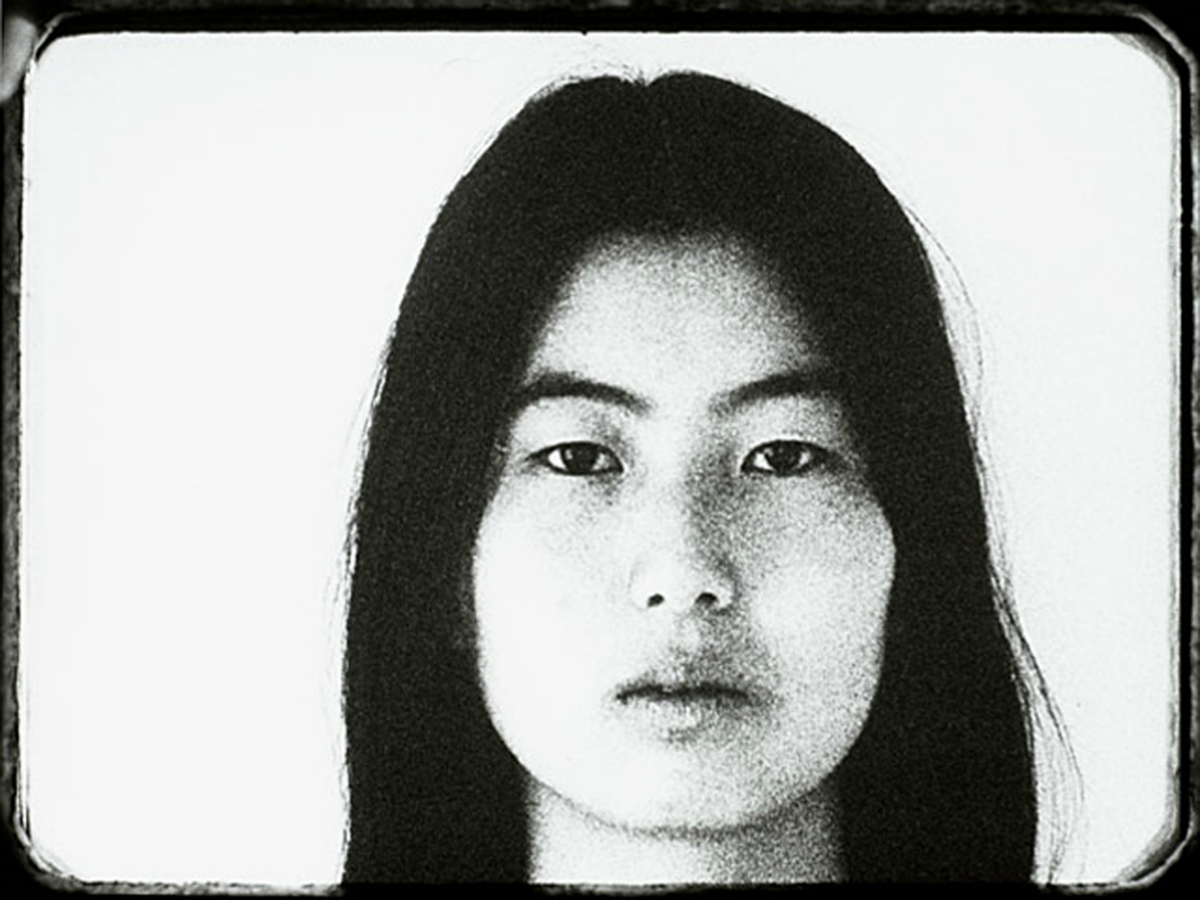
However, I was frustrated by the fact that there was so much I didn't understand. The language was mesmerizing and (what I was able to understand) was intriguing. I'm sure I haven't read it because I've tried several times (unsuccessfully) in the past to read it.


Dictee received little critical attention until the 1990s, when it was republished by the Third World Press, but it is now regarded as a classic work of autobiography and a powerful commentary upon American hybridity. Her life was cut tragically short when, in 1982, just a few days after the publication of Dictee, she was raped and murdered by a stranger in New York City. She later relocated to Paris, France, where she studied film and brushed elbows with a number of well-known French filmmakers. She attended the University of California at Berkeley, where she earned both an M.F.A. The interdisciplinary nature of Dictee, which combines narrative, poetry, movie stills, family photos and an array of other genres and forms, and written in various languages, reflects her own varied education. She was born in Pusan, Korea, during the Korean War, but relocated with her parents to San Francisco, California.

Most famous for her experimental memoir/novel, Dictee, Theresa Hak Kyung Cha is a Korean American writer, filmmaker and performance artist.


 0 kommentar(er)
0 kommentar(er)
